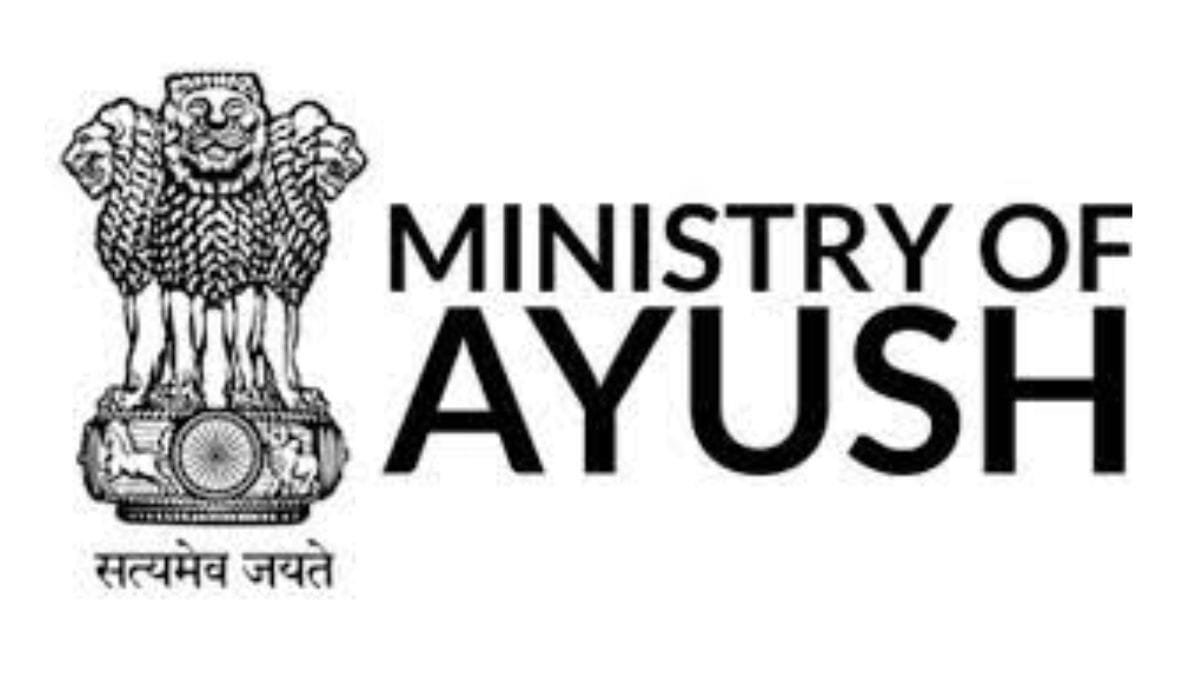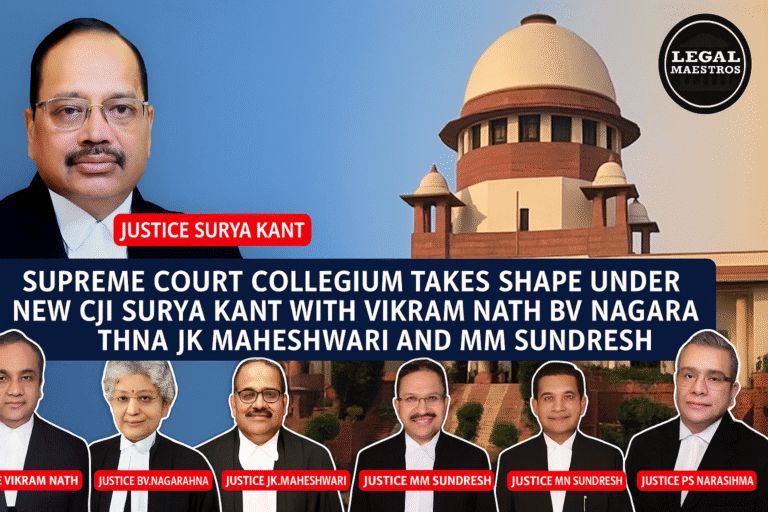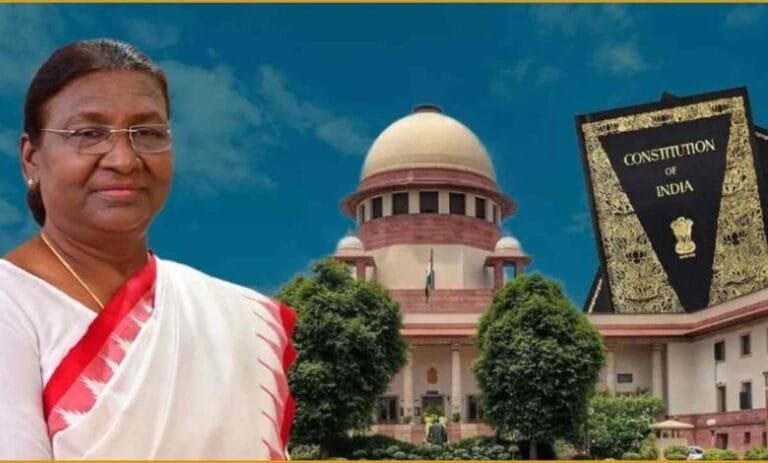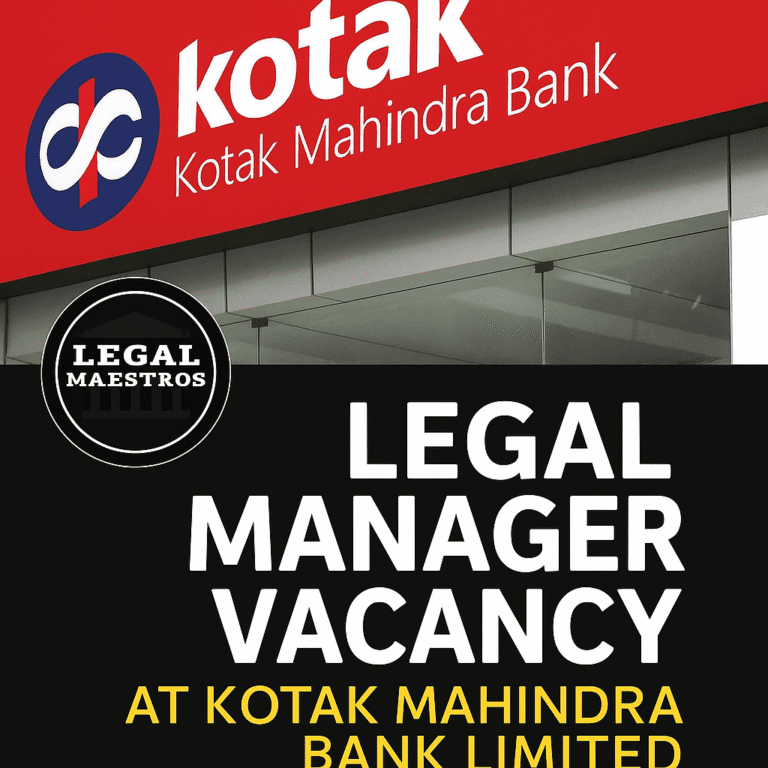
Significantly, the Supreme Court on Monday dismissed the Indian Medical Association’s (IMA) petition regarding deceptive traditional medicine advertisements and overturned its previous ruling that had temporarily maintained a more stringent approval requirement for such ads (Indian Medical Association v. Union of India). The case started when Patanjali Ayurveda was accused of publishing ads that denigrated modern medicine. This led to judicial investigation into false claims, regulatory inaction, and the necessary corrective actions from Patanjali’s promoters, Baba Ramdev and Acharya Balkrishna.
The Court had previously filed a contempt case against Patanjali’s promoters and temporarily banned the company’s deceptive advertising. After several apologies were made, these proceedings were eventually closed. The Court’s focus shifted during the hearings to more general issues, such as deceptive advertising by other consumer goods companies and unethical modern medical practices.
Rule 170 of the Drugs and Cosmetics Rules, 1945, which required approval from the State licensing authority prior to publishing advertisements for Ayurvedic, Siddha, or Unani medicines, was at the heart of the dispute. The clause was intended to prevent inflated or misleading claims, such as making the unsupported claim that a herbal remedy could treat a chronic illness. But on July 1, 2024, the Ministry of AYUSH published a notice repealing Rule 170, thus eliminating the requirement for prior approval.
For any queries or to publish an article or post or advertisement on our platform, do call at +91 6377460764 or email us at contact@legalmaestros.com.
After this omission, a bench of Justices Hima Kohli and Sandeep Mehta temporarily maintained the approval requirement in August 2024 by halting the deletion. While pointing out that States had been putting Rule 170 into effect since the stay, Amicus Curiae Senior Advocate Shadan Farasat contended during Monday’s hearing that the omission essentially put Ayurvedic medicines on par with allopathic medicines. While Justice Nagarathna emphasised that the judiciary lacked the power to enact legislation or bring back an omitted provision, Justice Viswanathan questioned how States could enforce a rule that had been formally omitted by the Centre.
One of the intervenors, advocate Pranav Sachdeva, urged the Court to uphold the August 2024 stay, pointing out that deceptive traditional medicine advertisements pose societal risks by delaying necessary medical intervention. Speaking on behalf of the Union Government, Solicitor General Tushar Mehta argued that Rule 170 was unnecessary because false claims were already prohibited by statute and self-regulation, and he advised against undervaluing the public’s judgement. The Court also pointed out that it might be unfair to permit the production of AYUSH medications while prohibiting their promotion.
The Court granted permission to petition the High Court about the omission of Rule 170 after concluding that all of the IMA’s initial reliefs had already been addressed. As a result, the lengthy proceedings came to an end when the interim stay of August 27, 2024, was vacated.






